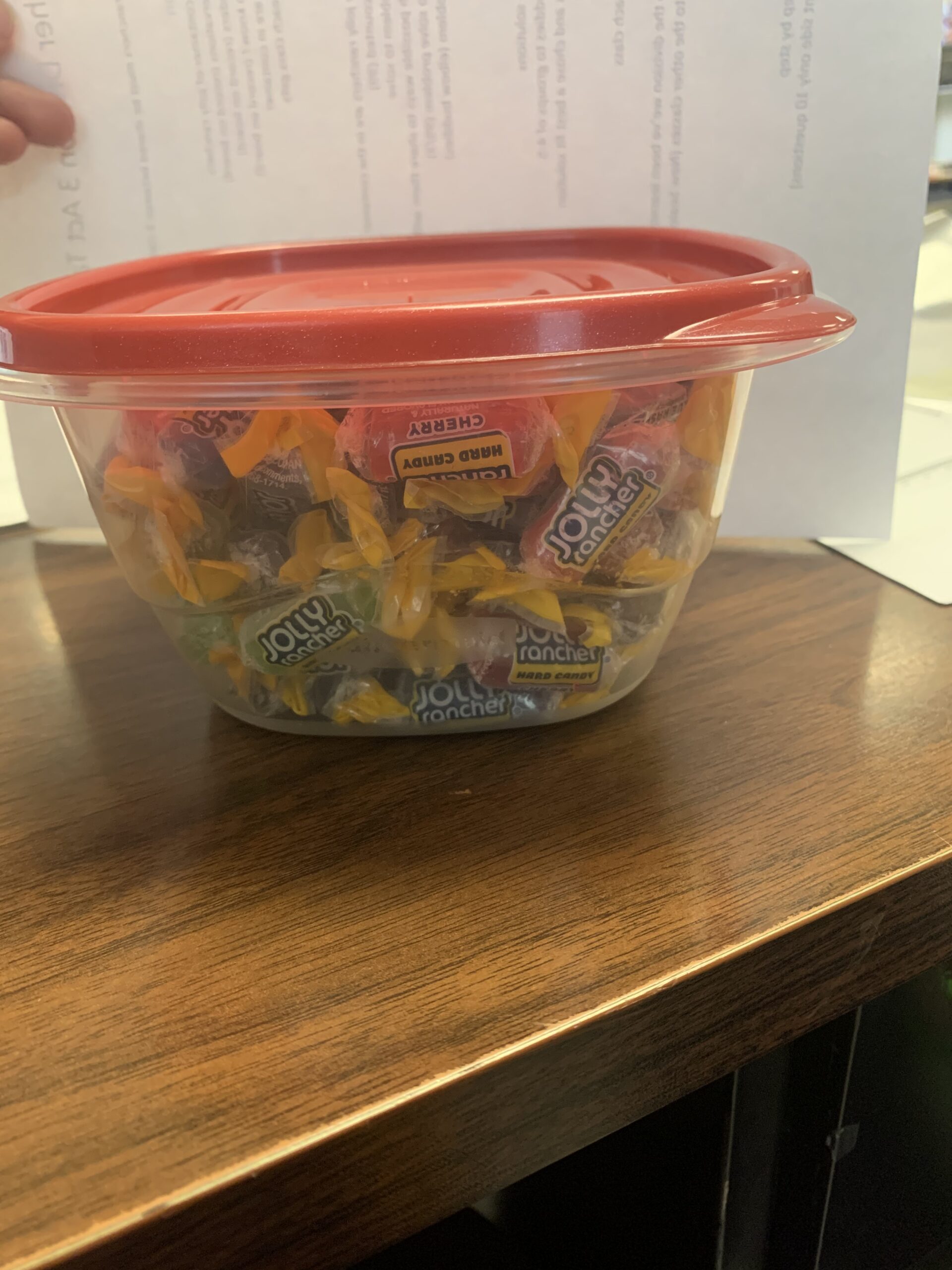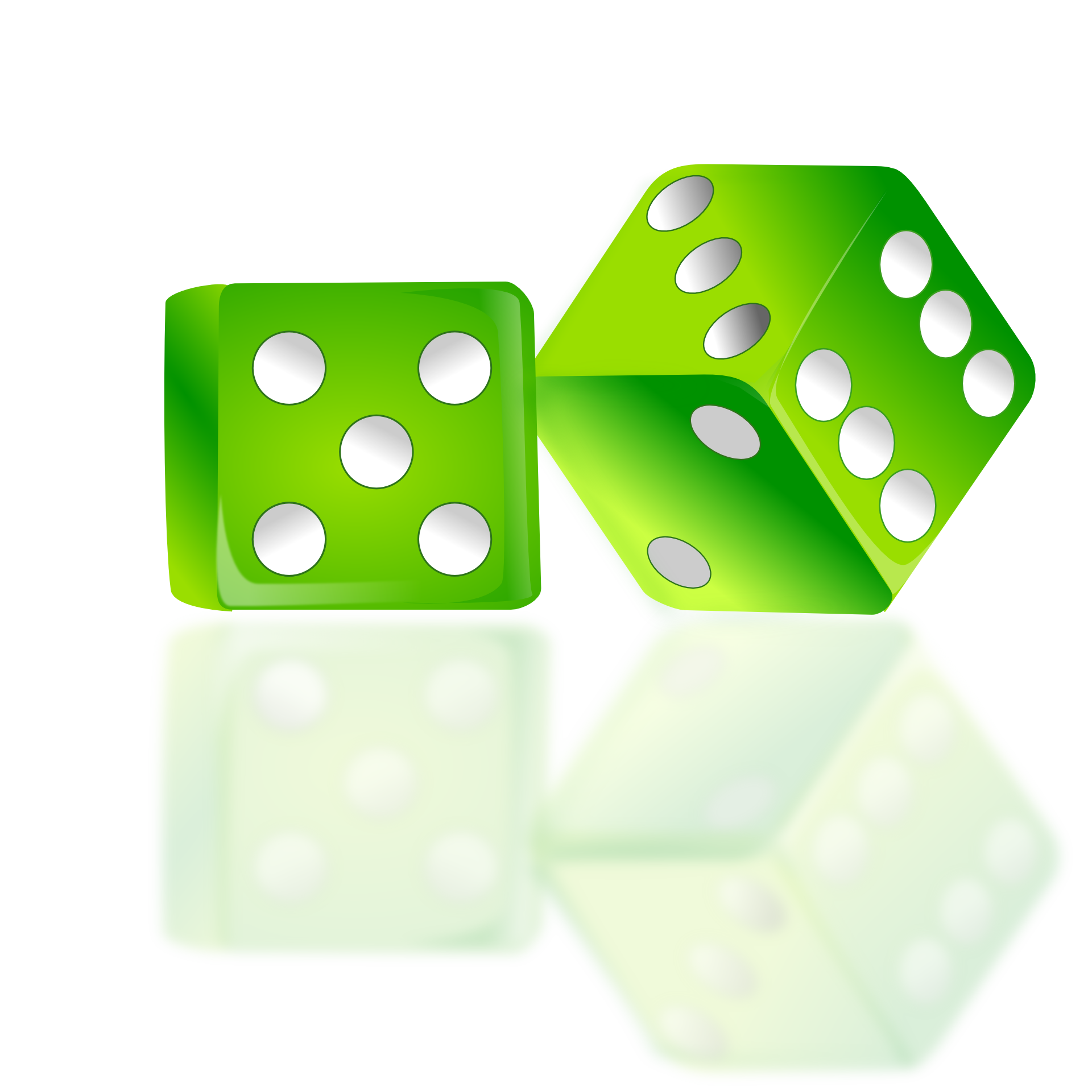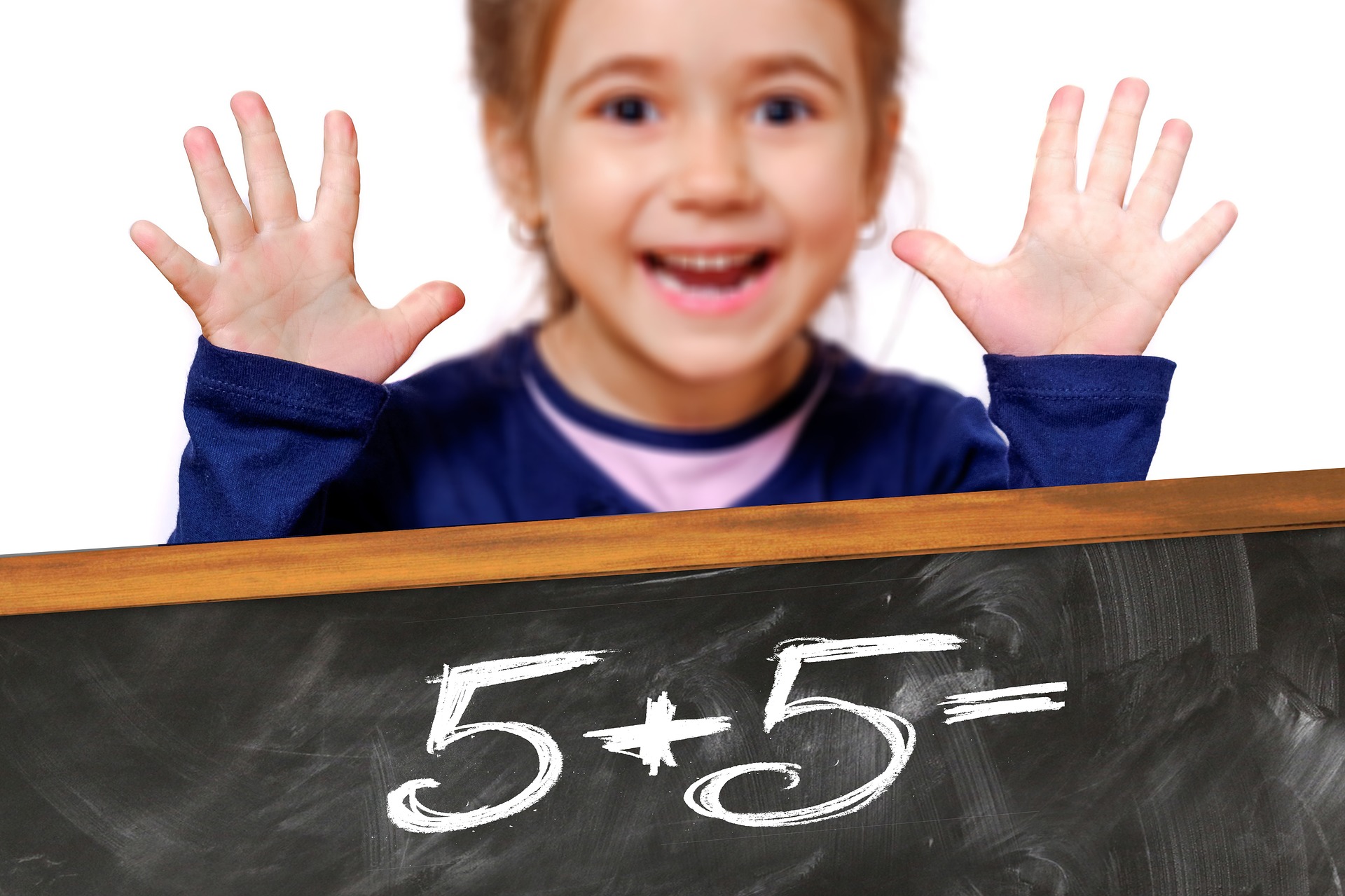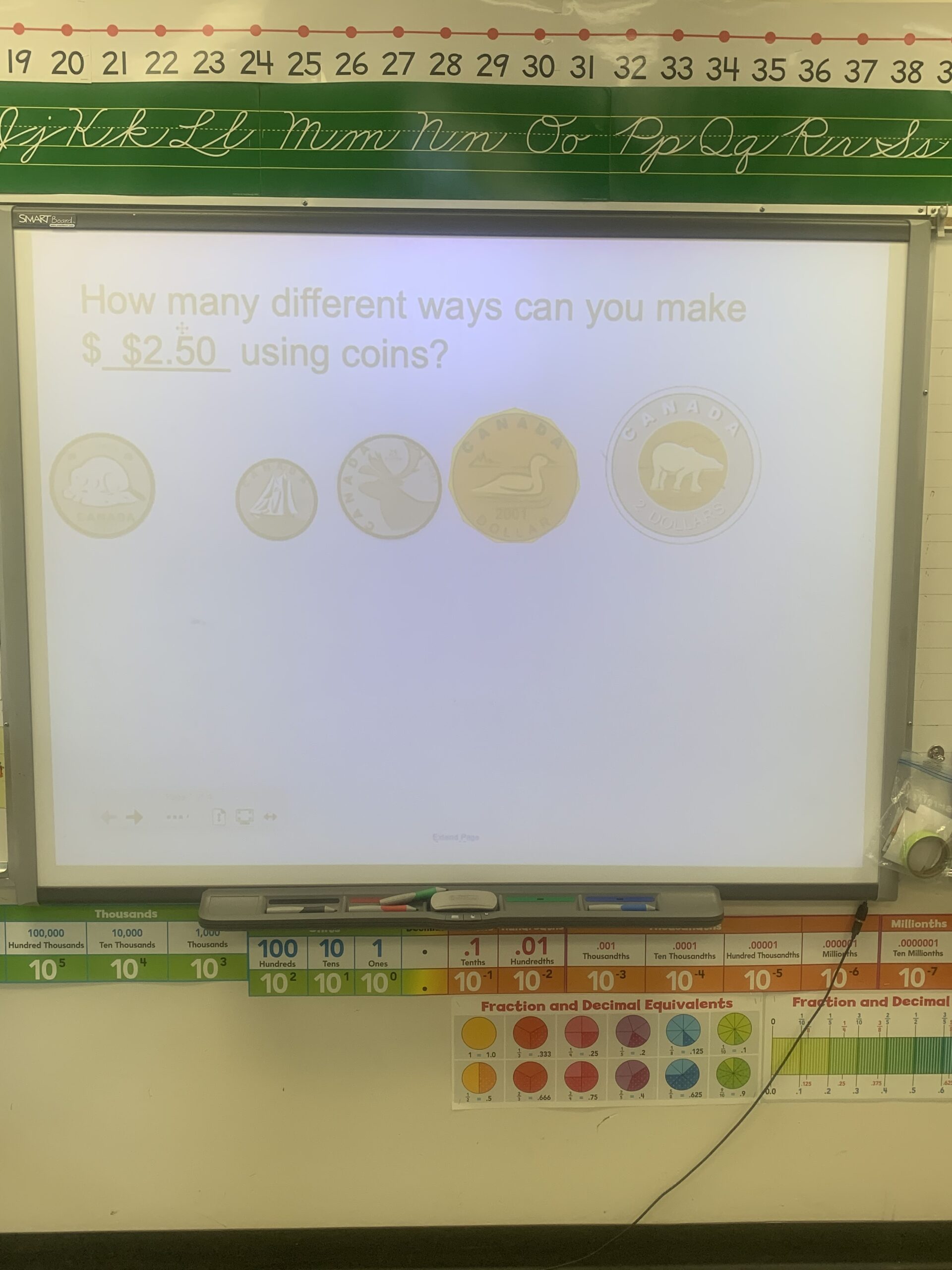For the last few years creating thriving community connections for our classrooms has been a challenge with COVID 19 protocols and the world first closing and then slowly reopening. One of my favourite connections that my class has is our grade 9 and 10 buddies at a local high school, we get together about once a month to share ideas, learn together or just have fun. This connection between our classes happened very authentically in the summer of 2021 the secondary school teacher and I were asked to teach outdoor education summer school in the park together, for a month we spend 3 hours each morning in the park with a class of 40 k-7 students and visit a new park each week. We have continued to work together for a month each summer for the last four years, tweaking and editing our program to better connect with the places we visit and the people we have met there. I always end summer session feeling excited to teach and about what we see and learn each summer. In our summer session we connect with parks staff and volunteers leading nature based activities in the parks, explore habitats with fisheries staff and visit with indigenous elders and volunteers in our community and ask many questions. The connections students make to each other, the people we meet and the physical place are genuine and very much reflect what was discussed in Kindergartner’s Questions Become the Curriculum. I love the idea of breaking students into research groups and having them become experts in a particular part of the topic that Rogovin suggested as well as inviting family members and friends who are experts in a particular field to join us in person or digitally to share their expertise. I need to find a way to harness the joy and connection of learning in our summer session program in my daily classroom practice, I think this needs to be my goal in 3rd term with our BC Coast unit, making it more student driven and asking families to join us.
“Every learner is a whole person, needing to be a contributor to his or her community.” (Kozak & Elliott, 2014) Each of our students needs the opportunity to have their voice heard in our classroom to feel seen and to have a chance to shine. When our students feel they are seen and heard they will be more open to taking risks with their learning and to listen to the contributions of others. We must first start with connection and feeling like each of us is a valued member of our classroom communities then build outwards.
- When do you feel your teaching and learning has been most connected to the community?
- How have the events of the past few school years affected your ability to connect your class with your community?
Bibliography
Kozak, S., & Elliott, S. (2014). Introduction: From ecosystem to “edusystem”. In S. Kozak, Connecting the dots: key stratigies that transform learning for environmental education citizenship and sustanibility (pp. 4-9). North York: Learning For a Sustainable Future.
Rogovin, P. (2015). Kindergartners’ Questions Become the Curriculum. Social Studies and the Young Learner, 8-11.





